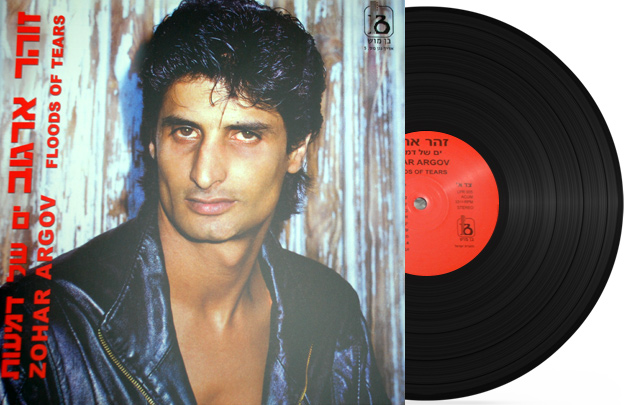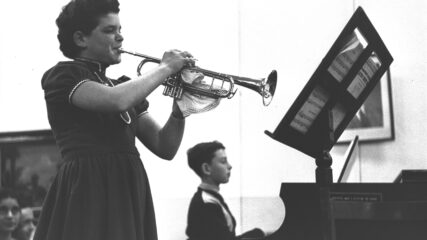November 6, 1987
Zohar Argov, a popular singer among the Mizrahi and Mediterranean communities in Israel who was known as the “The King” but was haunted by drug addiction, hangs himself in jail at age 32 shortly after being accused of attempted rape; he had also been convicted of rape in 1978 and spent a year in jail then. Argov doesn’t intend to die, a police investigator concludes, but is only trying to make it appear that he wants to commit suicide so he can win concessions from his jailers. The drugs in his system prevent him from saving himself.
He was born Zohar Orkabi in 1955 to parents who emigrated from Yemen and lived in Rishon LeZion. The eldest of 10 siblings, he inherited the musical talents of his father, a wedding singer who played traditional drums.
At 22, he released his first single, with the songs “Kol Yom She’over” (“Each Day That Passes”) and “Yalda Chikiti Shanim” (“Girl, I’ve Waited for Years”). At the advice of his manager, he changed his last name to Argov.
He met guitarist Yehuda Keisar from the band Zlilei Haod, and together they produced Argov’s debut album, “Eleanor,” which was released in 1981 and sold more than 500,000 copies. Argov thus became one of Israel’s first Mizrahi music stars. His hits included “Haperah Begani” (“The Flower in My Garden”), for which a street in Herzliya is named. He performed the song at the Mizrahi Music Festival in 1982 and won.
Argov’s success in the 1980s fueled cocaine and heroin addictions. Officials in Rishon LeZion and Tel Aviv cited his drug abuse and criminal record in rejecting proposals in 2007 to name streets after him.
For more about Haperah Begani, see “Zohar Argov’s Flower That Launched a Million Cassettes,” which was written on the 30th anniversary of ARgov’s first public performance.



